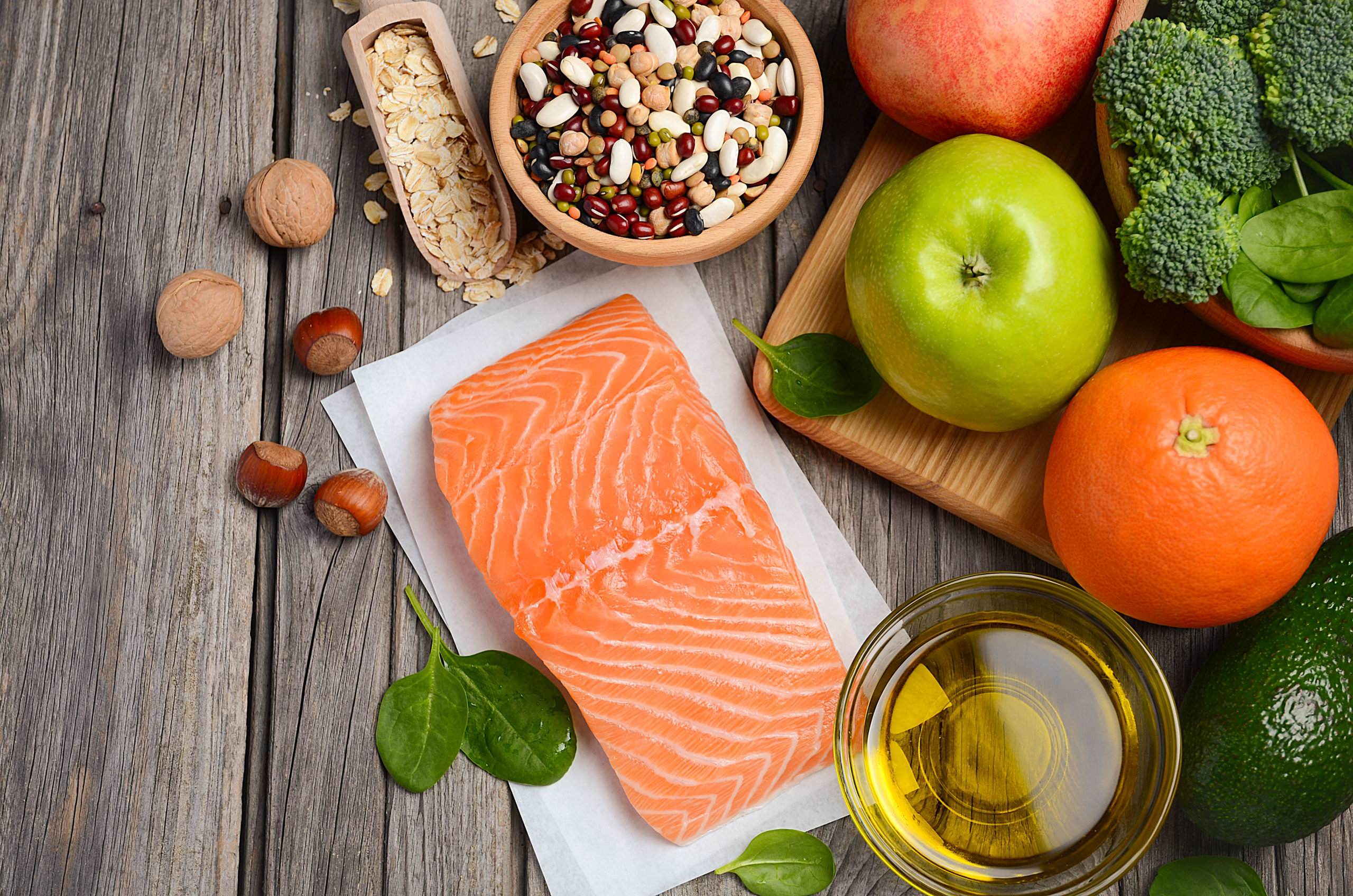Ever wondered why you’re sore after a workout? It’s not just muscle strain. It’s also about NAD+, a coenzyme in your body. This vital molecule influences how quickly and effectively your muscles recover after exercise. In this article, we’ll delve into the science behind it, explore how boosting NAD+ can enhance athletic performance, and unpack research findings on its role in muscle recovery. Ready to level up your workout game? Let’s dive in.
Understanding the Role of NAD+ in the Human Body
It’s crucial to understand that NAD+ plays a significant role in numerous processes within the human body. This coenzyme is pivotal for metabolic functions, acting as a helper molecule in reactions that break down food and convert it into energy our cells can use. Let’s focus specifically on ‘NAD+ and Aging.’ As you age, your NAD+ levels naturally decline. This reduction impacts cell functionality and contributes to aging symptoms. Research suggests supplementing with NAD+ could help mitigate these effects by promoting cellular health and longevity. Now, consider the ‘Cellular Benefits of NAD+’. Besides its role in metabolism, NAD+ helps repair DNA damage – an essential function for maintaining cellular health. It’s also involved in gene expression related to cell survival and inflammation regulation. These roles contribute directly to cellular resilience against stressors like oxidative damage, which is particularly critical as you age.
The Connection Between NAD+ and Muscle Recovery
You’re probably wondering how this coenzyme can impact your post-workout healing and enhance your athletic ability. Well, NAD+ plays a critical role in muscle recovery by boosting cellular energy production. It’s essential for the repair of damaged DNA that occurs during intense workouts and aids in reducing inflammation. Research shows a direct link between NAD+ and inflammation, which is often elevated after strenuous exercise. By increasing NAD+ levels, you’re fueling your body’s natural anti-inflammatory response, speeding up recovery time. The role of NAD+ in aging should not be overlooked either. As we age, our bodies naturally produce less NAD+, which can slow muscle recovery and hinder performance. However, supplementing with NAD+ or engaging in activities that boost its production – like regular exercise – may help to counteract these effects.

How NAD+ Enhances Athletic Performance
Boosting this coenzyme’s levels can significantly enhance an athlete’s abilities, making it a game-changer in the sports world. NAD+ plays a pivotal role in muscle recovery and athletic performance. By increasing your body’s NAD+ levels, you’re better equipped to push past physical boundaries and recover more quickly post-exercise. Research indicates that appropriate NAD+ dosages can lead to: – Improved mitochondrial function: Your muscles use energy produced by mitochondria, the power plants of your cells. – Enhanced endurance: Higher NAD+ levels have been linked with increased stamina. – Faster recovery times: With ample NAD+, your muscles heal more quickly after strenuous workouts. However, dosing isn’t everything; understanding and optimizing NAD+ bioavailability is equally crucial. Supplements may boost systemic levels, but ensuring this molecule reaches your muscle cells is key for maximum benefit. Whether through oral or intravenous administration, targeted transport mechanisms are being researched to increase the efficiency of delivery.
Scientific Studies Supporting the Impact of NAD+ on Muscle Recovery
Several studies have shown that enhancing this coenzyme’s levels can significantly aid in bouncing back after strenuous workouts. NAD+ dosage implications are crucial to consider, as optimal amounts vary depending on individual factors such as age, overall health, and exercise intensity. Research into NAD+ bioavailability has uncovered interesting findings. For instance, oral supplementation has been shown to effectively raise NAD+ levels in your body. This makes it a convenient option for supporting muscle recovery post-exercise. Understandably, you’re interested in the specifics. Studies indicate that an appropriate dose might be between 100-500mg per day. But don’t just dive right in! It’s vital to speak with a healthcare provider before starting any new supplement regime. Beyond dosage considerations, there’s another layer: timing. Some evidence suggests taking NAD+ supplements pre-workout could help improve performance and kickstart the recovery process.
Practical Ways to Increase NAD+ Levels for Better Performance
Let’s delve into some practical methods that can help elevate your coenzyme levels for improved physical exploits. Considering NAD+ dietary sources, the best way to boost your NAD+ levels naturally is through a balanced diet rich in vitamins and minerals, especially B3 (niacin), which plays a key role in the production of this vital coenzyme.

Here are some top food choices: * Lean meats like chicken or turkey * Fish such as tuna or salmon * Whole grains Regular exercise also promotes higher NAD+ levels. It stimulates the body’s metabolic processes, leading to increased NAD+ production. Additionally, you might consider supplementing with nicotinamide riboside (NR) or nicotinamide mononucleotide (NMN). These precursors convert into NAD+ inside your body. Research indicates they have potential benefits related to energy metabolism and lifespan extension.
Potential Side Effects and Considerations of NAD+ Supplementation
While it’s essential to consider the benefits of increasing coenzyme levels, it’s equally important to understand potential side effects and considerations related to supplementation. NAD+ supplements are generally well-tolerated, but they’re not without risks. Overdosing on NAD+ could potentially disrupt your natural metabolic processes. Most individuals can handle a daily dose of up to 500mg without any adverse effects, but these dosage guidelines may vary based on individual health factors. Always consult with a healthcare professional before starting any supplement regimen. Possible side effects can include nausea, fatigue, headaches, diarrhea, stomach discomfort and indigestion. It’s crucial to note that these symptoms often diminish over time as your body adjusts to the supplement. Additionally, you must remember that while supplementation can boost your NAD+ levels and improve muscle recovery and performance, it doesn’t replace a healthy diet or regular exercise. Relying solely on supplements for health improvements isn’t recommended.
Frequently Asked Questions
How Does Nad+ Intake Differ Between Professional Athletes and Casual Exercisers?
As a professional athlete, you’d typically have higher NAD+ intake compared to casual exercisers. This can be due to your diet’s focus on maximizing NAD+ bioavailability for optimal performance and recovery.
Can Nad+ Supplementation Replace Regular Exercise and Diet for Muscle Recovery?
Can NAD+ supplements truly replace exercise and a healthy diet? While they can boost NAD+ bioavailability, aiding muscle recovery, they’re not a standalone solution. Remember, supplement safety is important; nothing beats regular exercise and balanced nutrition.
How Does the Body’s Nad+ Production Change as We Age?
As you age, your body’s NAD+ production naturally declines. This affects various aging mechanisms, reducing your lifespan. Higher NAD+ levels might slow these processes, but more research is needed to confirm this theory.
Are There Any Known Interactions Between Nad+ and Other Dietary Supplements or Medications?
You’re asking about NAD+ interactions with other supplements or medications. It’s intriguing to note that caffeine may boost NAD+ levels, while certain vitamins can aid in its synthesis. Always consult a healthcare professional first.
Can Nad+ Supplementation Help With Other Health Conditions or Is Its Impact Solely on Muscle Recovery and Performance?
NAD+ supplementation isn’t limited to muscle recovery and performance. It’s also beneficial for cognitive function and cardiovascular health. It boosts brain health, improves memory, and supports heart functionality by improving cellular energy production.
